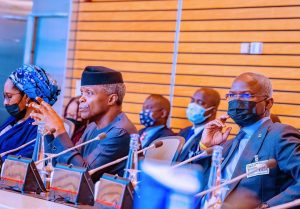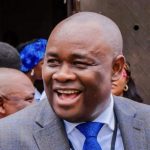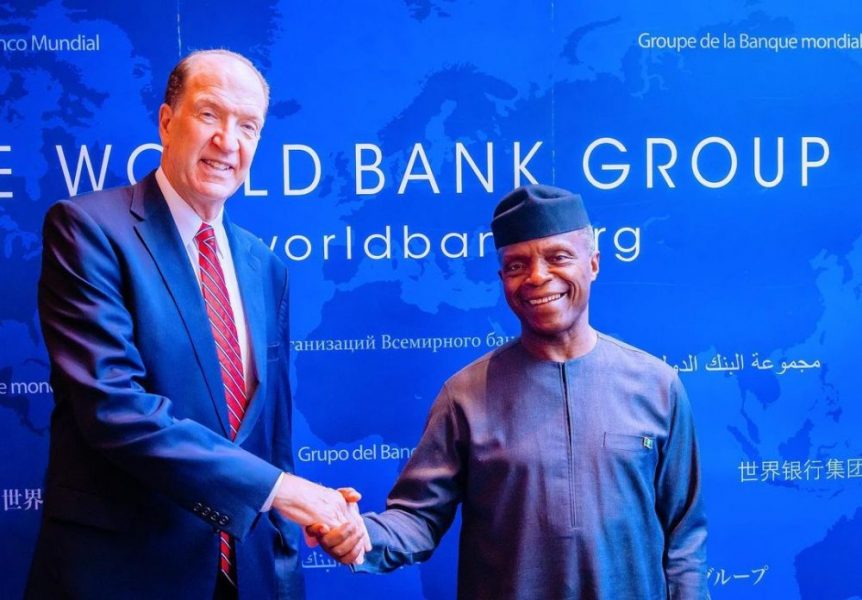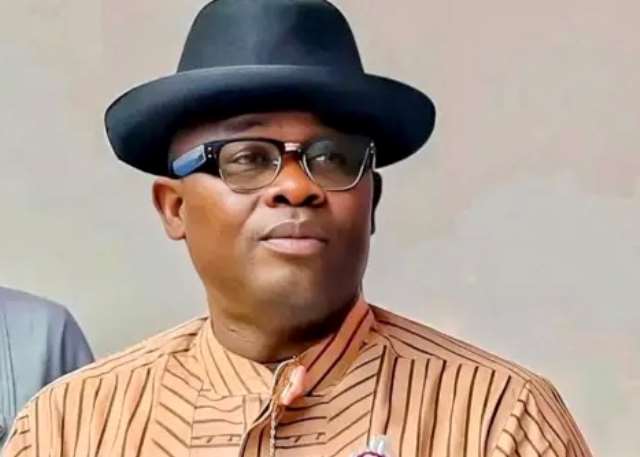By Tosin Deba
In pursuit of Nigeria’s requirement of $410 billion to deliver its Transition Plan by 2060,Vice- President Osinbajo is leading Nigeria’s Energy Transition Implementation Working Group (ETWG) to an ongoing multi-level meeting in U.S.
The meeting is to promote and secure global support from the U.S. government, the private sector, and other development partners.
The ETWG, which is chaired by the Vice-President, comprises relevant ministers and other top government officials.
At the meeting, Osinbajo and the World Bank President discussed Nigeria’s Energy Transition Plan as well as Nigeria’s commitment to achieving universal energy access and reducing GHG emissions while maintaining a reliable baseload.
Malpass emphasized the importance of integrating climate and development, as well as the need for an enabling policy and regulatory environment alongside strengthened institutions in the energy sector.
He also reiterated WBG’s readiness to support Nigeria in phasing out regressive fuel subsidies, while increasing social assistance for the poor and vulnerable.

Malpass also encouraged a decisive move toward exchange rate unification and stabilization by Nigeria, highlighting the economic benefits for the Nigerian people.
He stated that a unified exchange rate will significantly improve the business enabling environment in Nigeria, attract foreign direct investment, and reduce inflation.
Both Malpass and Osinbajo also discussed the importance of increasing domestic revenues through broadening Nigeria’s tax base and increasing the efficiency of tax administration.
While in the U.S., Osinbajo will also meet his U.S. counterpart, Kamala Harris, U.S. Secretary of Energy, Jennifer Granholm, Secretary of Treasury, Janet Yellen, among others.
Persecondnews reports that Nigeria’s Energy Transition Plan which was officially launched, last week, at a global virtual event, is a homegrown, data-backed, and multi-pronged strategy developed for the attainment of the 2060 net-zero emissions commitment in five critical sectors: power, cooking, oil and gas, transport and industry.
Nigeria needs $410 billion to deliver the Transition Plan by 2060. Among other highlights, the plan needs at least $10 billion per year above business-as-usual spending for effective implementation.
At the launch, the World Bank and a renewable energy organization, Sun Africa, pledged $1.5 billion each, totaling an initial $3 billion investment to support the implementation of the Transition Plan.
























Leave a comment